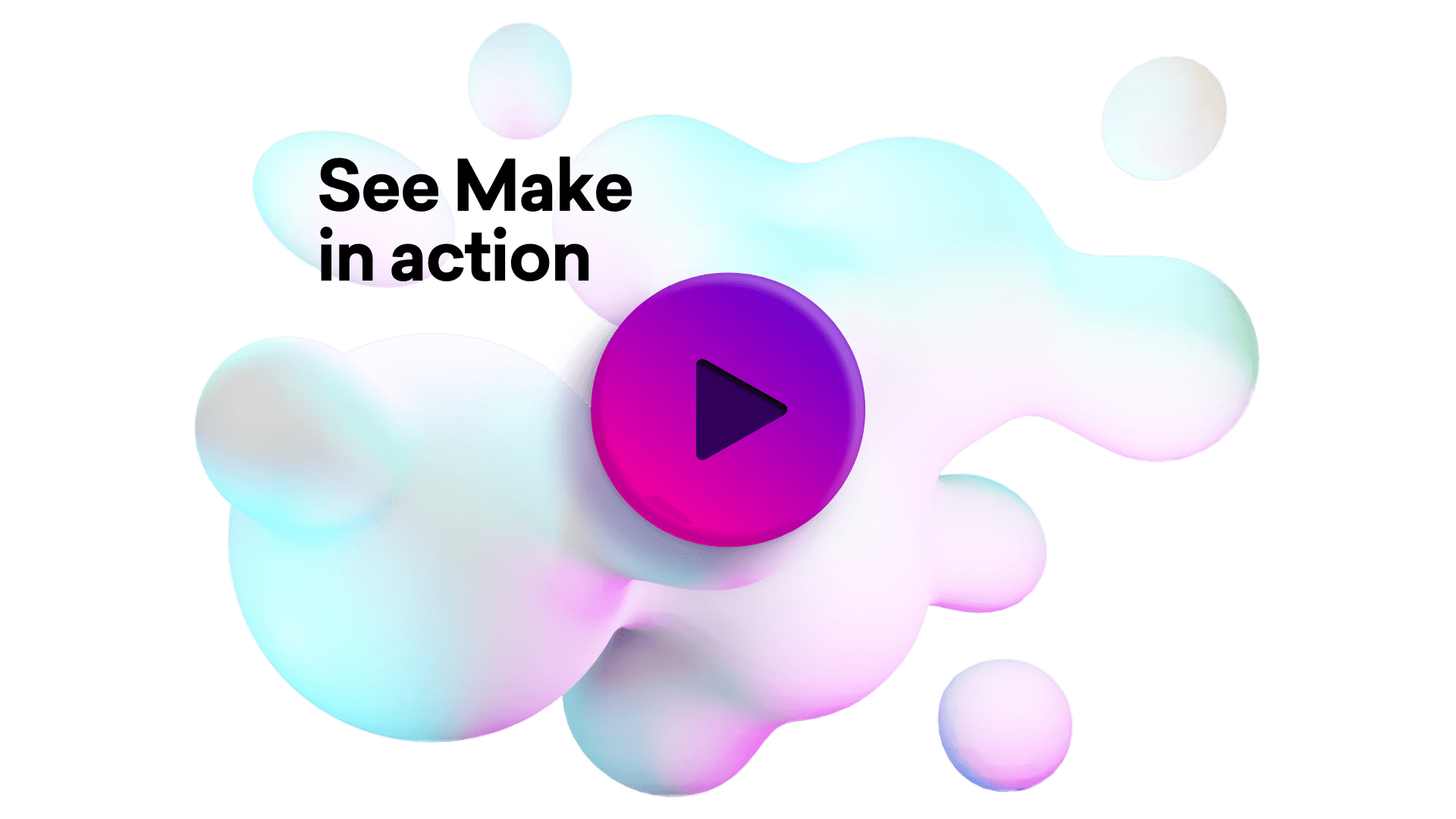Connect Google Calendar and OneDrive integrations
Connect Google Calendar and OneDrive with any of your favorite apps in just a few clicks. Design, build, and automate anything for your work by integrating apps like Google Calendar and OneDrive to create visual automated workflows. Choose from thousands of ready-made apps or use our no-code toolkit to connect to apps not yet in our library.
Trusted by thousands of fast-scaling organizations around the globe
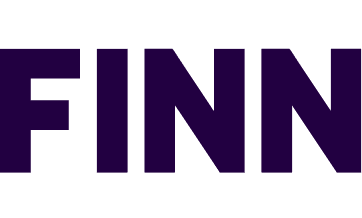
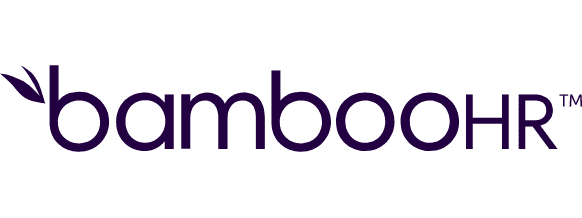
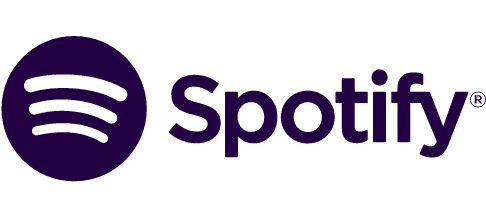
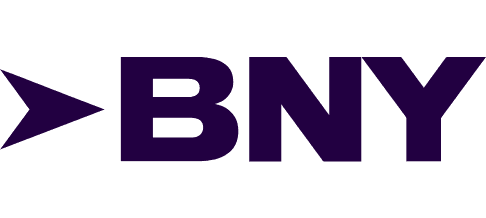
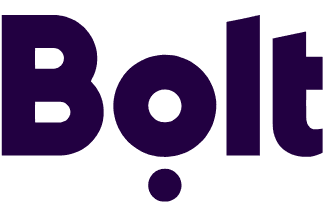
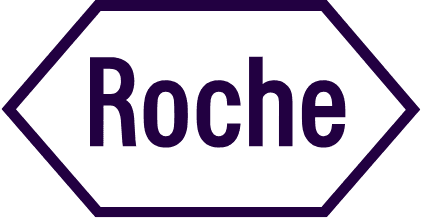
Automate your work. Build something new.
Just drag and drop apps to automate existing workflows or build new complex processes. Solve problems across all areas and teams.
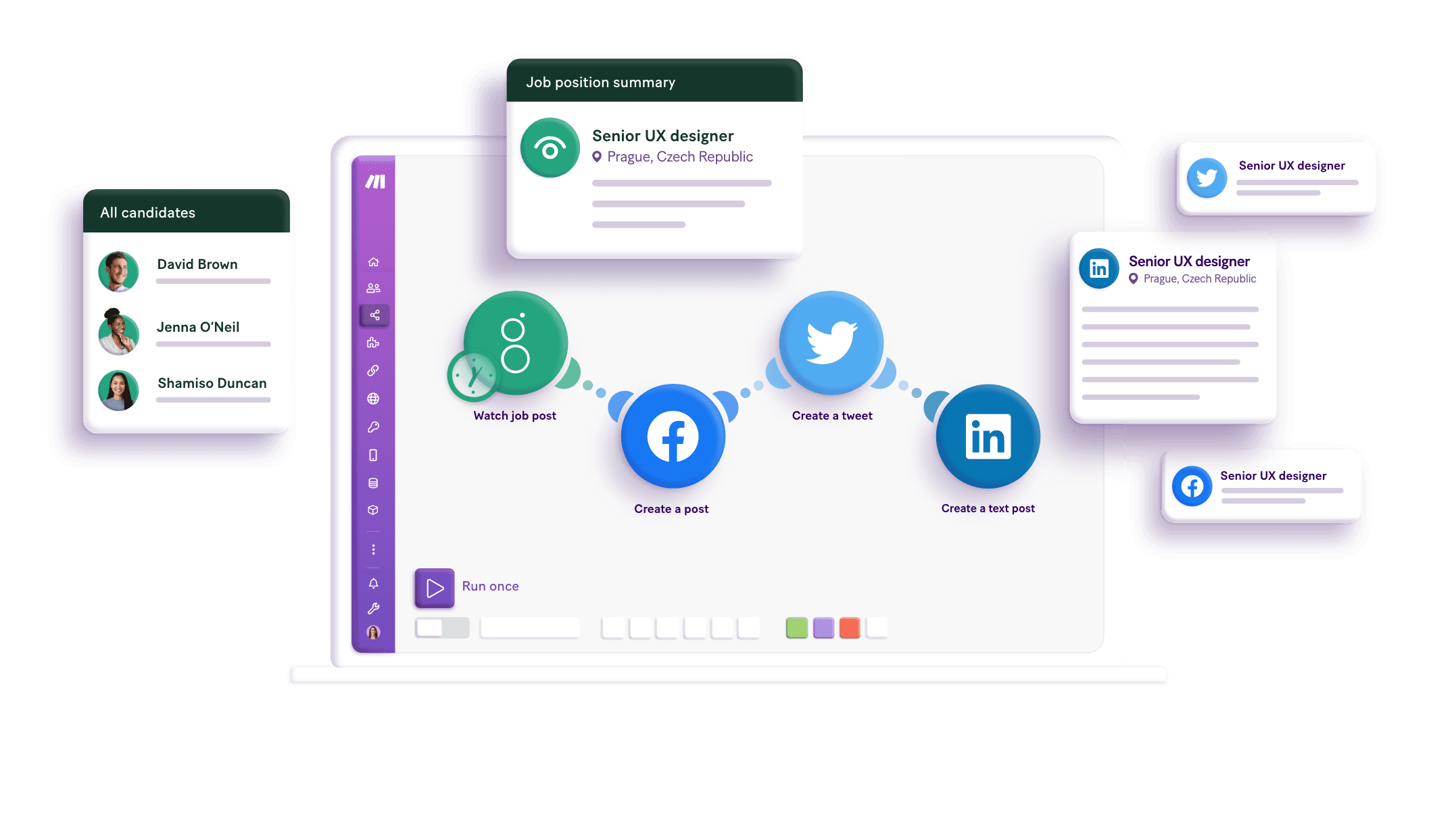
Build your Google Calendar and OneDrive integrations.
Create custom Google Calendar and OneDrive workflows by choosing triggers, actions, and searches. A trigger is an event that launches the workflow, an action is the event.
Clears a primary calendar. This operation deletes all events associated with the primary calendar of an account.
Copies a file into new folder location.
Creates a new calendar.
Creates a new folder.
Creates a new access control rule.
Creates a new event.
Deletes a calendar.
Deletes a file or folder.
Deletes an access control rule.
Popular Google Calendar and OneDrive workflows.
Looking to get more out of Google Calendar and OneDrive? With Make you can visually integrate Google Calendar and OneDrive into any workflow to save time and resources — no coding required. Try any of these templates in just a few clicks.
Sync Notion Databases to Google Calendar
Sync your Notion meetings database with Google Calendar by automatically creating, updating and deleting events. The template setup assumes you have a Notion database where all your meeting information is stored. Each item (page) on the database is a new meeting and it includes values for all the properties as showcased in this [example](https://www.notion.so/Create-new-Google-Calendar-events-from-Notion-database-items-87a6c3a697eb4a15ab42544f70abb038).
TRY IT ->Create Google Calendar events from Notion
Use this template to automatically create a Google Calendar event from a Notion database. Please see the database used when creating this template: https://bit.ly/3IGZ6n4
TRY IT ->Create Google Calendar events from new Telegram messages
Automatically create a new event in Google Calendar every time there is a new message in Telegram.
TRY IT ->Create Google Calendar events from data on your Google Sheet
Managing your events on a spreadsheet but spending time creating them on your calendar? Let Make create the events in your Google Calendar for you. Your spreadsheet must contain the following columns: A)Name, B)Email, C)Date, D)End date
TRY IT ->Create Google Calendar events from new labeled Gmail emails
Add a specific label to your Gmail email, and Make will automatically create a new event in your Google Calendar.
TRY IT ->Create Excel and PDF documents with Plumsail and send them in Outlook
Run this scenario manually to create Excel and PDF files with Plumsail Documents. It uses a template stored in OneDrive and sends an email with the documents through Outlook.
TRY IT ->Create Word and PDF documents with Plumsail from Typeform data
Automate the generation of documents in your company: create DOCX and PDF files from a template using Plumsail Documents. The scenario is started when a form is submitted in Typeform. Files will be saved in OneDrive. This works equally well with SharePoint, Dropbox, Google Drive, and other storage platforms. You can use it to create applications, orders, invoices, etc.
TRY IT ->Protect new PDF files in OneDrive using Plumsail Documents
When a new PDF file is added to OneDrive, secure it with a password, enable or disable printing, modification, extracting data, annotations, and store a copy in another OneDrive folder.
TRY IT ->Create Excel and PDF documents with Plumsail and send them in SendGrid
Run this scenario manually to create Excel and PDF files with Plumsail Documents. It uses a template stored in OneDrive and sends an email with the documents through SendGrid.
TRY IT ->
FAQ
How it works
Traditional no-code iPaaS platforms are linear and non-intuitive. Make allows you to visually create, build, and automate without limits.
